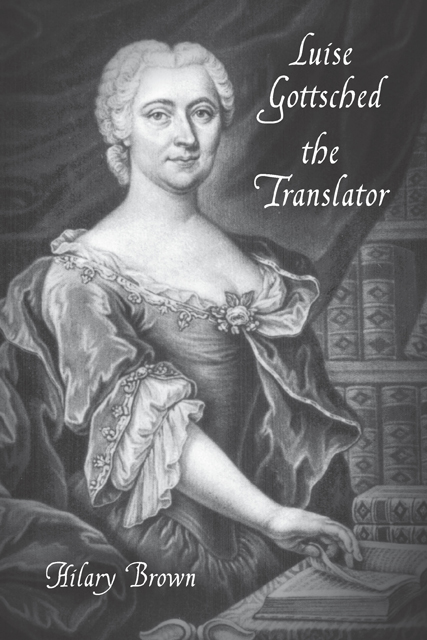Book contents
3 - Journalism
Published online by Cambridge University Press: 14 February 2023
Summary
The Eighteenth Century has been called “the epoch of the journal.” Throughout Enlightenment Europe, ever-growing numbers of readers were devouring the new forms of journalism now circulating in the clubs, coffeehouses, and drawing-rooms — learned journals, review journals, newspapers, periodicals, calendars, almanacs. One of the most popular and influential types of publication in the Age of Enlightenment was the periodical essay or moral weekly. The models for this new genre had emerged in London in the early years of the century: the Tatler (1709), the Spectator (1711–12, 1714), and the Guardian (1713), edited and written chiefly by Richard Steele and Joseph Addison. The papers contained little politics or news; rather, each consisted of an essay devoted to a theme from everyday life that was designed to instruct and entertain their readers and encourage rational, virtuous ways of living. Topics ranged from morals and manners to literature, philosophy, science, and music. The papers appeared regularly (the Tatler three times and the Spectator and Guardian six times per week) and reached a huge audience. It has been estimated that the Spectator sold twenty to thirty thousand copies daily at the height of its popularity, and each copy probably had several readers (or listeners, as it was common for the day’s essay to be read aloud in the coffeehouses or around the tea-table). The Tatler, Spectator, and Guardian inspired a plethora of imitations both at home and abroad, and publications in this vein circulated throughout Europe well into the second half of the eighteenth century.
The genre quickly established itself in the German-speaking countries too, and around ninety moral weeklies modeled on Steele and Addison’s sprang up there by the 1780s. Johann Christoph early recognized the potential of this new medium to popularize the tenets of the Enlightenment. He was responsible for two of the earliest German moral weeklies: Die Vernünftigen Tadlerinnen (1725–26) and Der Biedermann (1727– 29). Later there would be efforts in Leipzig to turn pages and pages of the original English publications into German, making classic examples of the genre available to a wide readership in reliable editions for the first time. Gottsched’s role in promoting the moral weekly in Germany has not been fully explored.
- Type
- Chapter
- Information
- Luise Gottsched the Translator , pp. 84 - 107Publisher: Boydell & BrewerPrint publication year: 2012



